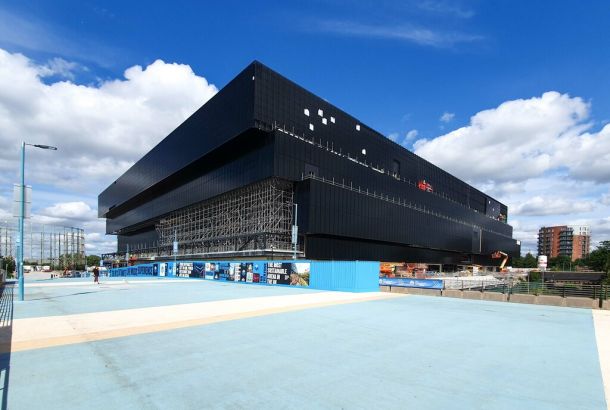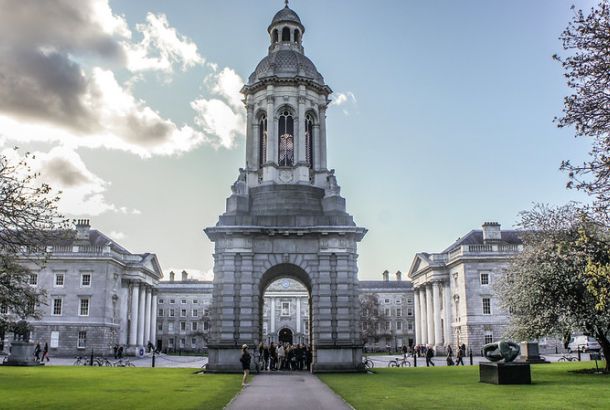Manchester Indian Society hit out at ‘disappointing’ Gandhi protests

The Indian Society of Manchester has published an open letter expressing “disappointment and concern” after student activists demanded a planned statue of Gandhi is scrapped.
Representatives of the society said they were deeply concerned by the protests, and that, as Indian students at the University of Manchester, have immense respect for the ‘father’ of their nation.
Signatories include Riddi Viswanathan, former International Students’ Officer at Manchester Students’ Union, and several members of the Indian Society of Manchester committee.
The letter says the society “strongly [objects] to any links between the erection of the Gandhi statue in Manchester and the actions of the current Indian government claimed to be violating human rights.”
It adds that by making this link the activists are “dishonouring a man who is regarded by the world at large, and 1.3 billion Indians, as the father of their nation, years after his death and in the year of his 150th birth anniversary, by linking it to the alleged actions of a current government is unacceptable.”
“We urgently request that authors of the #GandhiMustFall letter amend the contents establishing links between the Gandhi statue and actions of the current government. We also request the authors of the #GandhiMustFall open letter to engage, respect and fairly represent the opinions of the Indian student community in Manchester,” the letter ends.
In addition to the Indian Society’s response, the chairman of the Gandhi Foundation, Mark Hoda, told The Mancunion that while the statue was a matter for the local community, an intellectual discussion is “far more important than statues”.
Hoda told The Mancunion: “I would strongly refute the assertion that Gandhi was racist towards black people or any other group, just because his campaign in South Africa focused on the Indian community.
“Also, I would say that Gandhi, like the rest of us, was on a journey of intellectual development and further discovery – he called his autobiography ‘the story of my experiments with truth’ and perhaps his original thought and perspectives from when he was campaigning in South Africa developed later on, particularly with regards to the plight of black South Africans.”
Martin Plaut, Senior Research Fellow at the Institute of Commonwealth Studies, University of London, also told The Mancunion that the protest against Gandhi by student activists was “sad to see,”adding that it “relies on a misguided and rather simplistic view of the Indian leader’s role in South Africa.”
Plaut said: “To put this issue bluntly, the students rightly attack Gandhi’s early views – which were clearly racist – but they fail to understand that his position evolved during his time in the country. By the time he left he was an altered man, someone who was on the best of terms with Africans, including the President of the movement that became the ANC.”
Last week, student activists called on the Council to reconsider its decision to grant a statue based on Gandhi’s “well-documented anti-black racism” and “complicity in the British Empire’s actions in Africa”.
The students also demanded the Council release a public statement acknowledging Gandhi’s “racism” and said funds should be redistributed to commemorate a black anti-racist activist with connections to Manchester.
Sara Khan, one of the activists, told The Mancunion: “It’s an especially poignant and important time to be shining a light on Gandhi’s anti-black racism as it’s black history month, a month that isn’t just about celebration, but also about confronting and educating ourselves on the uglier sides of history, and the terrible injustices black people have faced and continue to face across the world.”







